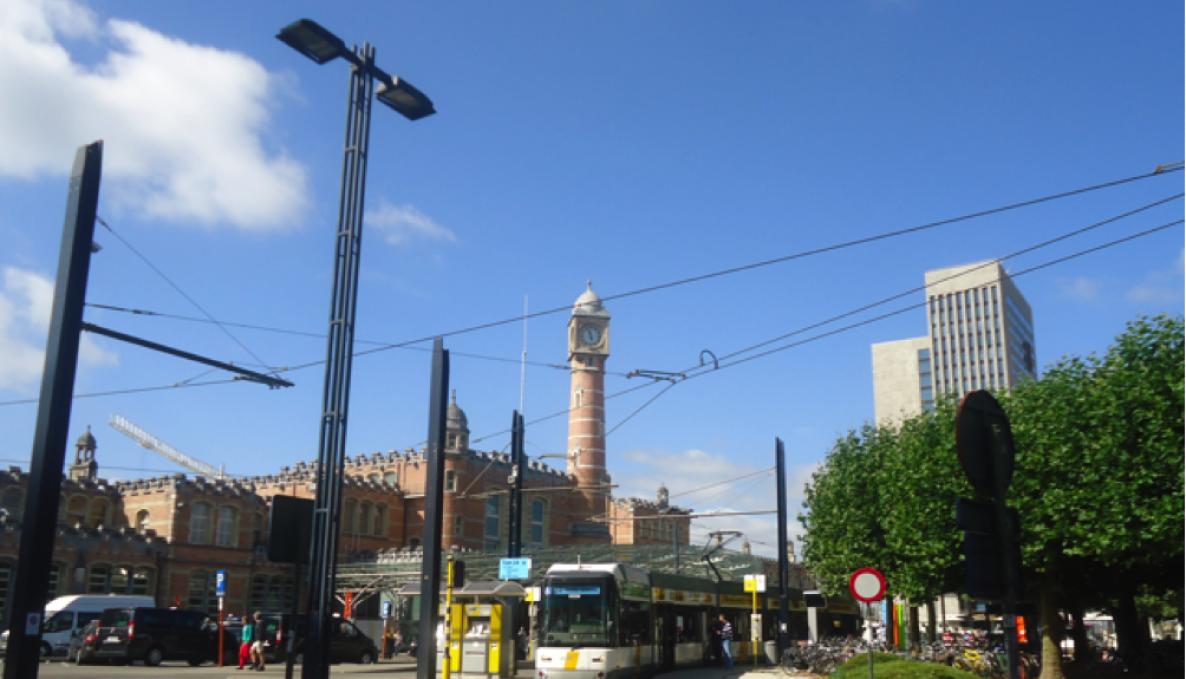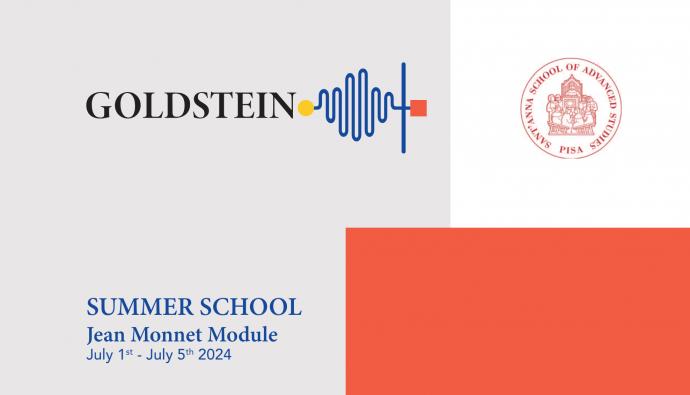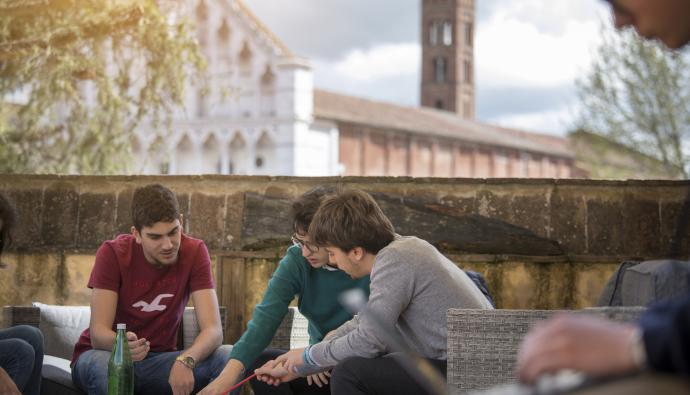ARE INFORMATION AND COMMUNICATION TECHNOLOGIES (ICT) DRIVING TRANSFORMATIONS OF LANDSCAPES AND TAKING SHAPE IN LOCAL GOVERNANCE STRUCTURES? SANT’ANNA DIRPOLIS AND MANAGEMENT INSTITUTES RESEARCHER RECEIVES EU FUNDING

Interactions between Information and Communication Technologies (ICT) and global environmental change may take shape in new local governance structures. The research project “Crowdsourcing Urban Sustainability Governance. Exploring innovative governance models for addressing urban sustainability through ICT-people interaction”developed by Chiara Certomà, researcher at Sant’Anna School Dirpolis and Management Institutes, received EU funding through the “Marie Skłodowska-Curie Individual Fellowships” program.
The “Marie Skłodowska-Curie Individual Fellowships” provide European researchers with an allowance to cover living, travel and other costs. The grant is awarded to a university, research centre or a company in Europe. The individual fellowships are selected through an open competition, a transparent and independent evaluation.
Chiara Certomà developed her ideas for a research project at Sant’Anna School Sustainability Management Lab. Researchers of Centre for Sustainable Development - Ghent University and Chiara Certomà are now exploring the theme of global sustainability in an urbanizing world where unprecedented increase in urban population poses challenges to providing urban infrastructure and to advance innovative urban sustainability governance models. Sustainability pathways for urban areas arising from globalization and institutional changes need to be addressed to mitigate land use conflicts and deal with the wider socio-economic implications of urban land use governance. The project explores the possibility of activating real participatory processes through people’s participation, technological development and public-private partnerships. “Actor-Network Theory” framework is adopted for modelling current urban sustainability governance and for prefiguring future social, political and economic development determined by the introduction of crowdsourcing processes (an online, distributed problem-solving process for creative solutions development).



